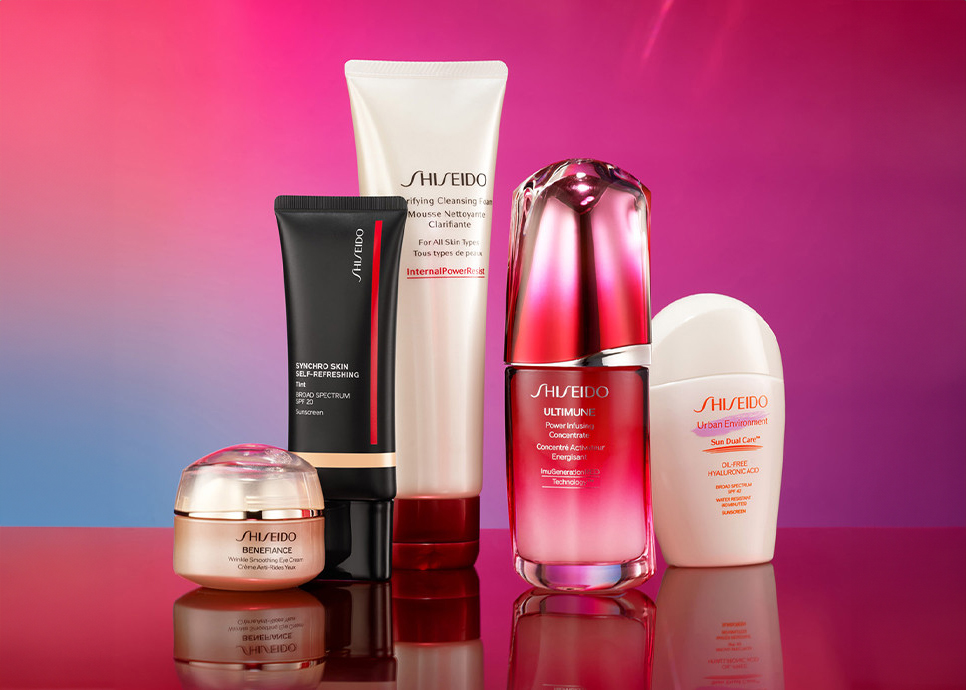Shiseido’s Stocks Witness Downturn Following Lower Earnings, Subdued China Demand
Shiseido Co. Ltd. experienced a significant drop in its stock value on Thursday, immediately following the release of its half-year earnings. Declining demand from China and restructuring costs affected the company’s performance.
Shiseido saw its stock value plummet by the daily limit of 700 yen ($4.79), a significant drop of 15.5%, closing at 3,810 yen on the Tokyo Stock Exchange. Since the beginning of the year, Shiseido’s shares have declined by an alarming 39.1%.
Shiseido, currently the largest beauty brand in Japan and the eighth largest worldwide, joins other beauty industry players suffering business setbacks in China.
On Wednesday, Shiseido reported an operating loss of 2.7 billion yen for the six months ending on June 30, a stark contrast to the 13.63 billion yen profit during the same period the previous year.
The company attributed the worsening business conditions in China to a slowdown in spending, further fueled by uncertainty in the economic environment. Shiseido also incurred 20.4 billion yen in structural reform costs.
However, Shiseido’s net sales did see a modest increase of 2.9%, reaching 508.54 billion yen in the first half of the year.
In a statement made by Shiseido on Wednesday, the company said, “The domestic cosmetics market remained solid, underpinned by steady demand as well as a recovery in the number of foreign visitors to Japan, which exceeded its pre-pandemic levels, although price hikes continued to weigh on household spending.”
Additionally, Shiseido noted, “In the overseas cosmetics market, the trends and pace of growth were mixed across regions.”
As the beauty sector undergoes significant changes, companies have been keeping a close eye on the Chinese market, previously considered robust, full of potential.
For instance, L’Oréal witnessed a 1.7% dip in sales in North Asia in H1, with mainland China providing two-thirds of the region’s business.
“After a very slight recovery at the start of the year, market growth turned negative in the second quarter, as the comparison based was very high” said L’Oréal CEO Nicolas Hieronimus. “And we are not seeing any pickup in consumer confidence, which is critical to growth in beauty.”
L’Oréal estimates overall the beauty market has seen a 2-3% decrease.
On the other hand, The Estée Lauder Cos., set to release its Q4 fiscal earnings on Aug. 19, has been focusing on bolstering sales in mainland China and its home market, the U.S.
